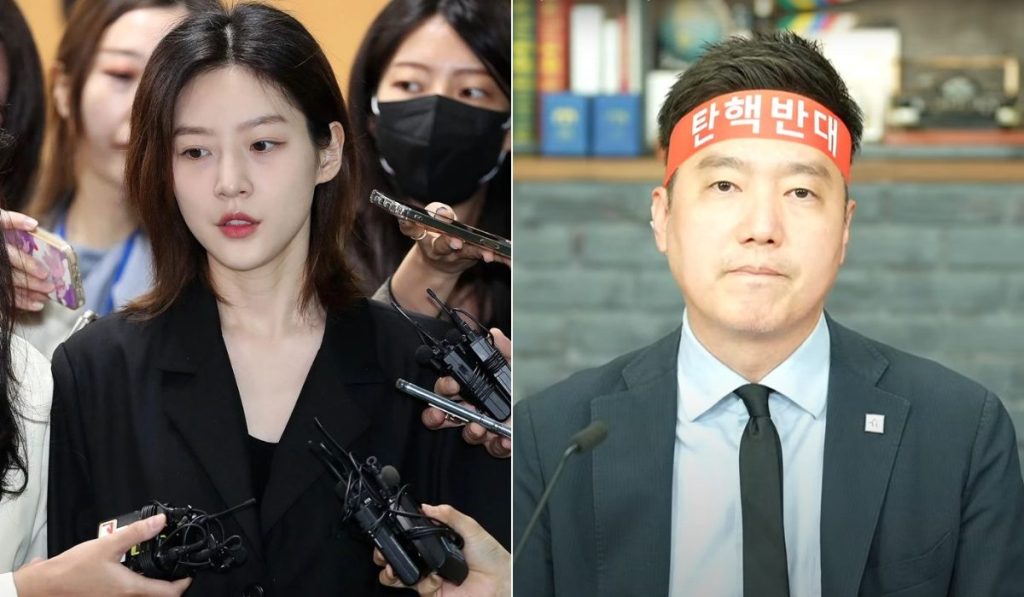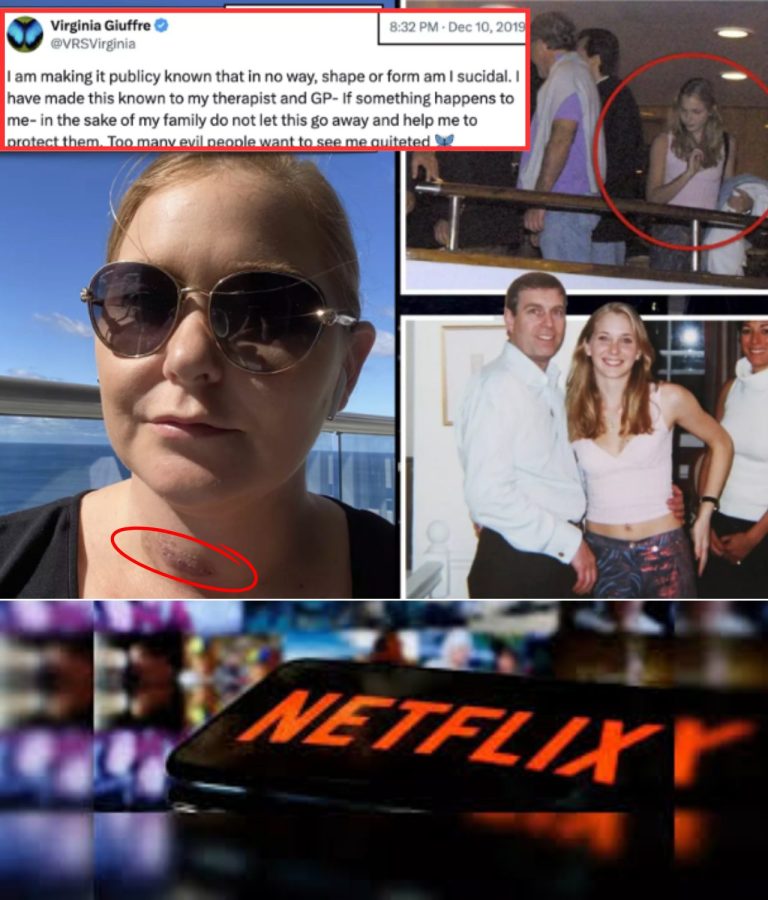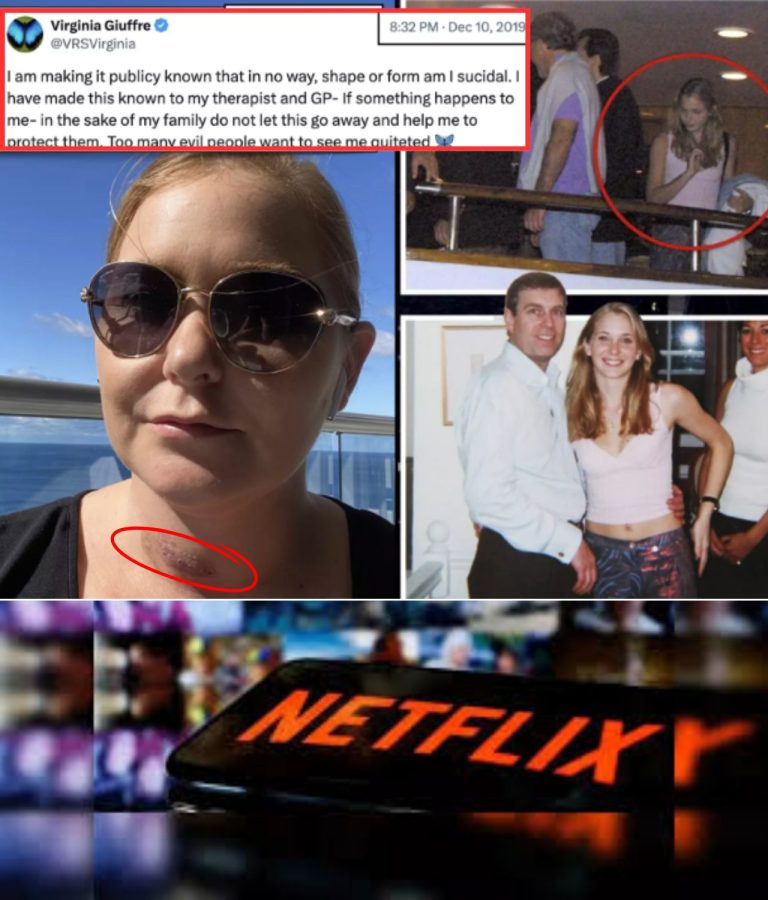On March 24, journalist-turned-YouTuber Lee Jin-ho uploaded a video to his channel titled “Late Kim Sae ron’s Lifetime Recording… Why the Tearful Hospital Bill Controversy?” In the video, he unveiled new details surrounding Kim Sae-ron’s financial struggles and the circumstances that led to her accumulating significant medical debt before her passing.

Lee began by shedding light on the situation, explaining, “I previously reported that Kim Sae-ron attempted an extreme act last year, leading to hospital expenses of 5 million KRW (approximately 3,400 USD) per visit. Since she didn’t have the money, her agency initially covered the costs, categorizing it as an advance loan.” The revelation sparked a wave of speculation and doubt, with many questioning the legitimacy of the hospital bills. Addressing these concerns, Lee stated, “This hospital bill itself has become a source of controversy. Some people are saying, ‘How could the bill be as high as 5 million KRW?’ and even questioning, ‘Did the agency take advantage of her? Did they commit fraud?’”

He acknowledged that medical expenses for emergency treatments are usually much lower, but emphasized that Kim Sae-ron’s case was different. “Under normal circumstances, even in cases requiring emergency sutures, hospital bills usually range between 400,000 and 1 million KRW. However, Kim Sae-ron’s case was different. She herself admitted that insurance did not cover the procedure.” To support this, Lee released a phone recording in which Kim Sae-ron described her situation to an acquaintance, detailing the severity of her injuries and the financial burden they imposed. Lee further explained that under the National Health Insurance Service of Korea’s guidelines, medical coverage is typically provided for suicide attempts, but self-inflicted injuries do not qualify for benefits. He referenced Article 53 of the National Health Insurance Act, which states that insurance payouts are not granted in cases where an accident is intentionally caused.

He also reflected on a heartbreaking aspect of Kim Sae-ron’s decision, not reaching out to her family for financial help. “In situations like this, most people would turn to their family first. Was she afraid of burdening them financially? Or perhaps she didn’t want to cause them worry? It seems that her life was incredibly lonely and difficult.” As more details emerge, the tragedy of Kim Sae-ron’s final struggles continues to resonate deeply with the public. Her case has reignited conversations about the unseen pressures celebrities face, the lack of sufficient support systems, and the financial hardships that can compound mental health struggles. Many are calling for greater awareness and more proactive measures to ensure that those in distress receive the help and support they need before it’s too late.






